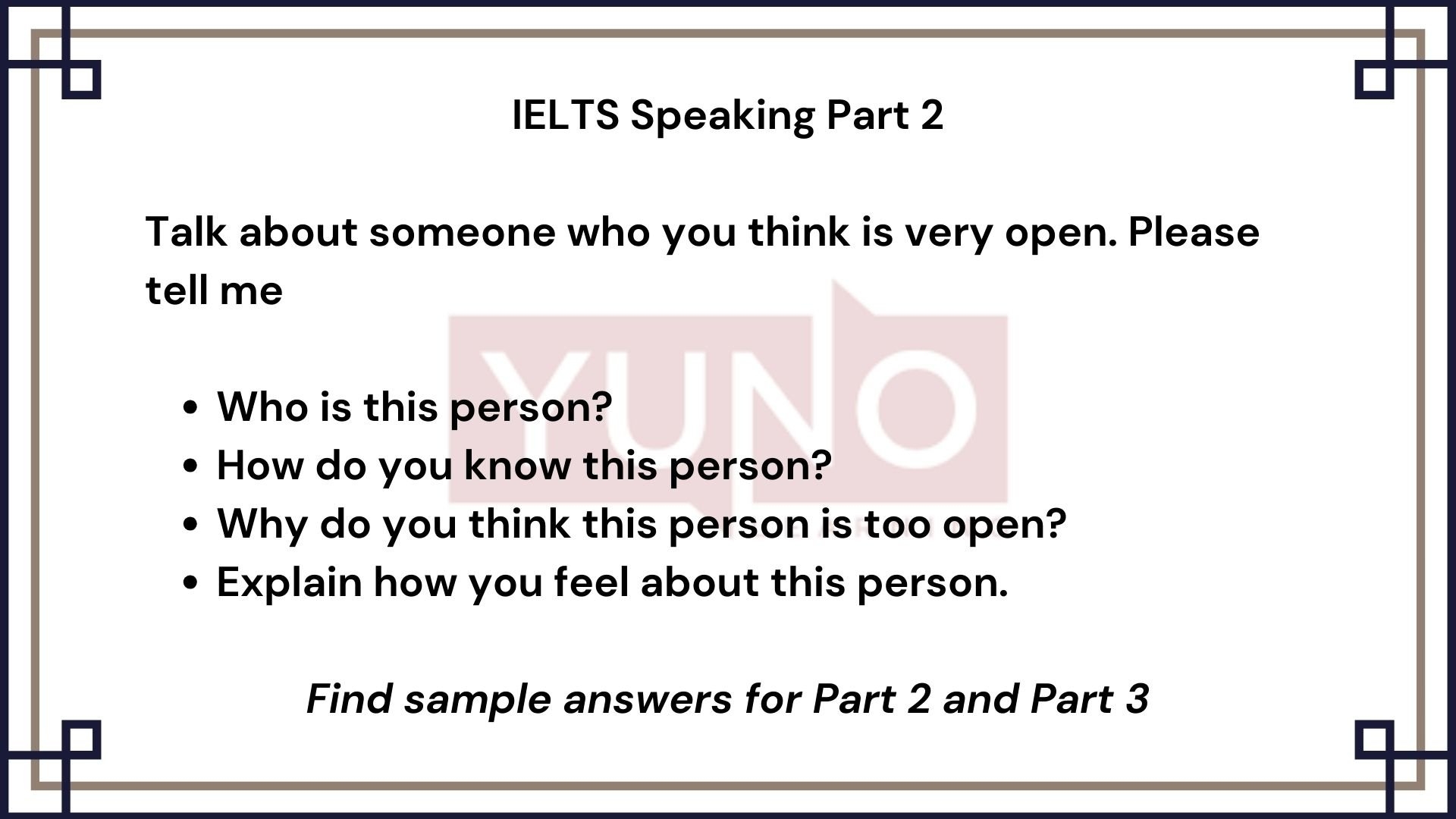When preparing for the IELTS exam, one of the key components to focus on is the speaking section. This part of the test can often be intimidating for test-takers, as it requires them to communicate effectively in English on a variety of topics. However, with proper practice and preparation, you can feel more confident and perform well in this section.
IELTS speaking questions cover a wide range of topics and are designed to assess your ability to express your thoughts clearly and coherently. These questions are divided into three parts, each with a different focus. Part 1 usually includes questions about familiar topics such as your hobbies, family, or daily routine. Part 2 requires you to speak for 1-2 minutes on a given topic, while Part 3 involves discussing more abstract ideas and issues.
One strategy to prepare for IELTS speaking questions is to practice speaking English regularly. This can help you improve your fluency and confidence in expressing yourself. Additionally, familiarizing yourself with common topics that are often covered in the exam can also be beneficial. You can find sample questions online or work with a tutor to practice answering various types of questions.
Another important aspect of preparing for IELTS speaking questions is to work on your pronunciation and intonation. Clear communication is key in this section, so practicing speaking aloud and receiving feedback on your pronunciation can help you improve. Additionally, paying attention to your tone and stress in speech can also enhance your overall communication skills.
During the actual exam, it’s important to stay calm and focused when answering IELTS speaking questions. Take a moment to gather your thoughts before responding, and speak clearly and confidently. Remember to listen carefully to the examiner’s questions and provide relevant and detailed answers. Practicing good time management can also help you make the most of the allotted speaking time.
In conclusion, preparing for IELTS speaking questions requires dedication and practice. By focusing on improving your English speaking skills, familiarizing yourself with common topics, and practicing good communication techniques, you can feel more prepared and confident on exam day. Remember to stay calm, speak clearly, and engage with the examiner to showcase your language abilities effectively.
